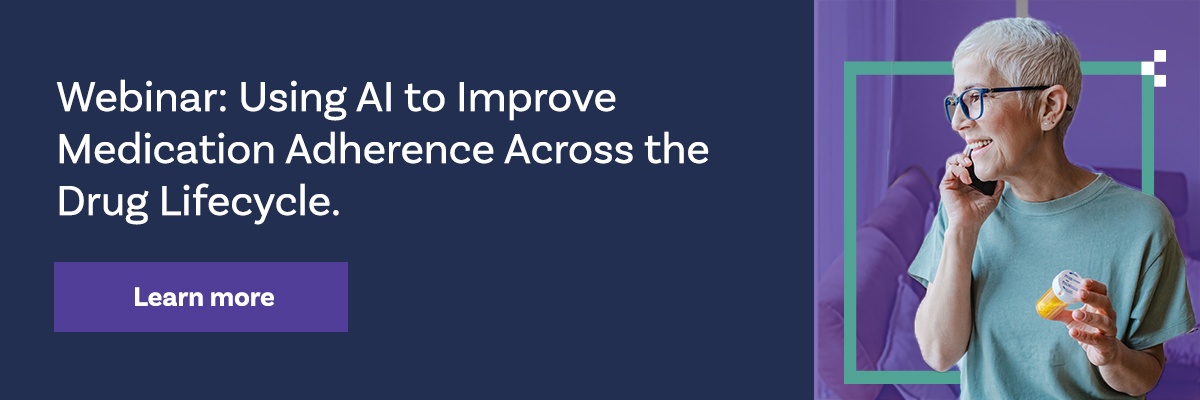Emerging technologies have transformed many aspects of the healthcare industry, from how care is delivered to when and where patient interactions take place. Gone are the days of strict rules-based patient support.
Instead, today’s consumers want – and increasingly expect – healthcare organizations to adopt digital-first engagement strategies to accommodate both evolving preferences and a reliance on mobile devices. In fact, speaking of the latter, according to a recent article in HealthTech magazine, the COVID-19 pandemic has further accelerated mobile phones being a primary communication tool for healthcare organizations.
A McKinsey report revealed that 80 percent of MedTech companies shifted some of their marketing expenditures – in some cases, more than 20 percent – to digital channels in 2020. What’s more, two-thirds of MedTech companies expect online channels to account for more than 20 percent of their revenue by 2025.
As a result, modernizing patient communications by using omni-channel technologies has become a high priority for healthcare leaders looking to align with patient preferences, streamline communication workflows, and improve the overall experience.
Enhancing patient outreach and communications
Implementing an omni-channel patient engagement strategy that incorporates several preferred channels – including text messaging, email, web chat, direct messaging, video, and phone – can greatly enhance your patient outreach and communications.
Patients and healthcare teams alike can benefit from seamless, omni-channel digital experiences. Interactive omni-channel communications both engage patients and empower professionals to focus less on manual processes and more on meaningful interventions that lead to positive health outcomes.
Streamlined internal processes also reduce patient wait times for fills or refills of prescriptions, allowing for more frequent messaging, and enabling staff to be more responsive through each patient’s preferred contact method. No two patients are exactly the same, so taking a segment based approach – such as offering the same phone support to a group of people – simply won’t cut it today.

Inspiring patients to be more engaged in their medication management
Patient engagement is a growing area of focus in healthcare, with countless organizations deploying different strategies to drive improvements. The good news is, with greater responsiveness and personalized patient outreach comes increased engagement.
When manufacturers, prescribers, pharmacists, and other healthcare professionals communicate with their patients effectively, collaboration improves, and relationships strengthen as a result. If organizations prioritize devising a strategy centered around digital channels, patients will be much more likely to be engaged in their own care.
Improving medication adherence and health outcomes
By improving your outreach and involving patients in decision making, you can increase adherence to prescribed therapy and contribute to better health outcomes. The close relationship between regular patient support and clinical outcomes is clear.
“Messaging complements the level of engagement necessary to support a provider’s larger care management and population health management goals, “explains Brian Eastwood, an analyst at healthcare IT consulting firm Chilmark Research.” Frequent communication can help patients avoid 30-day hospital readmissions or achieve care plan aims tied to clinical outcomes.”
In other words, predicting patients’ risk for poor medication behaviors and personalizing engagements to meet patients where they are most active can have a direct, positive impact on both medication adherence and health outcomes.
Using AI to personalize patient engagement in support programs
When all is said and done, omni-channel engagement strategies are driven by technology. Personalization powered by artificial intelligence (AI) provides invaluable insights and actually predicts which patients are most likely to be non-adherent and their response to various interventions – and which channels they prefer. This allows for more tailored support, with increased patient-staff communications to improve overall experience and maximize engagement. Curious about using AI and predictive analytics to inform your patient communications, interventions, and support programs? Request a demo to see how AllazoHealth can help.
